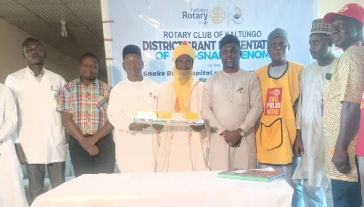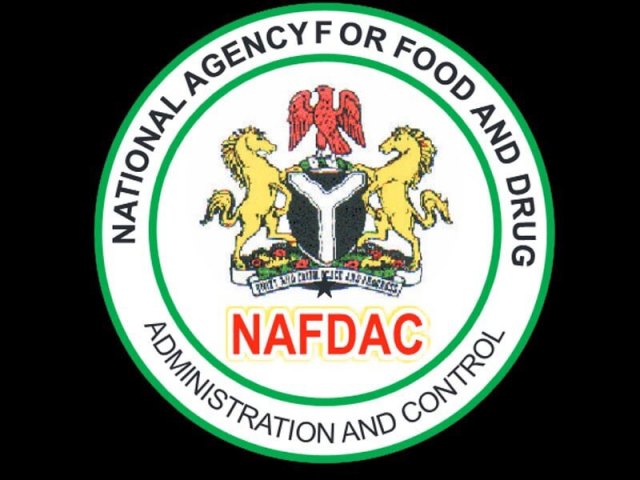The Rotary Club of Kaltungo, in collaboration with Rotary International, donates anti-snake venom valued at N13.6 million to the Snakebite Treatment and Research Centre in Kaltungo, Gombe State. This donation addresses the critical shortage of anti-snake venom at the hospital, which has hindered its ability to treat snakebite victims effectively.
The donation follows a visit by the Rotary District Governor, who identified the hospital’s urgent need for supplies. Samaila Mohammed, the former President of the Rotary Club of Kaltungo, explains that the District Governor’s visit brought attention to the shortage, prompting the Rotary Club to contact Rotary International for support.
Hospital Faces High Demand for Snakebite Treatment
Dr. Nicholas Hamman, Chief Medical Officer of Kaltungo Hospital, highlights that the facility treats approximately 2,600 snakebite cases annually, making it the largest center for snakebite treatment in sub-Saharan Africa. He expresses deep gratitude for the donation, emphasizing its importance to local farmers and rural communities who are frequently exposed to snakebite risks.
“This donation is a lifeline for many rural patients, particularly peasant farmers who encounter snakes in their fields,” Dr. Hamman states. He also advocates for local production of anti-snake venom to reduce costs and make the treatment more accessible across the country. “We are committed to transparency and have asked Rotary representatives to monitor the distribution and use of the venom to ensure it is used appropriately,” he adds.
Ongoing National Shortage and High Costs
Mr. Mohammed Ndus, former Assistant Governor of Rotary International District 9127, discusses the nationwide shortage and high costs of anti-snake venom, with a vial priced at up to N200,000 from unofficial sources. The donation of 80 vials offers immediate relief to the hospital, he says.
Iliya Suleiman, Chairman of Kaltungo Local Government, commends the Rotary Club’s contribution and calls for other organizations to support the hospital. He also points out other infrastructure challenges, such as unreliable power supply, and has begun discussions with local government officials to address these issues.













